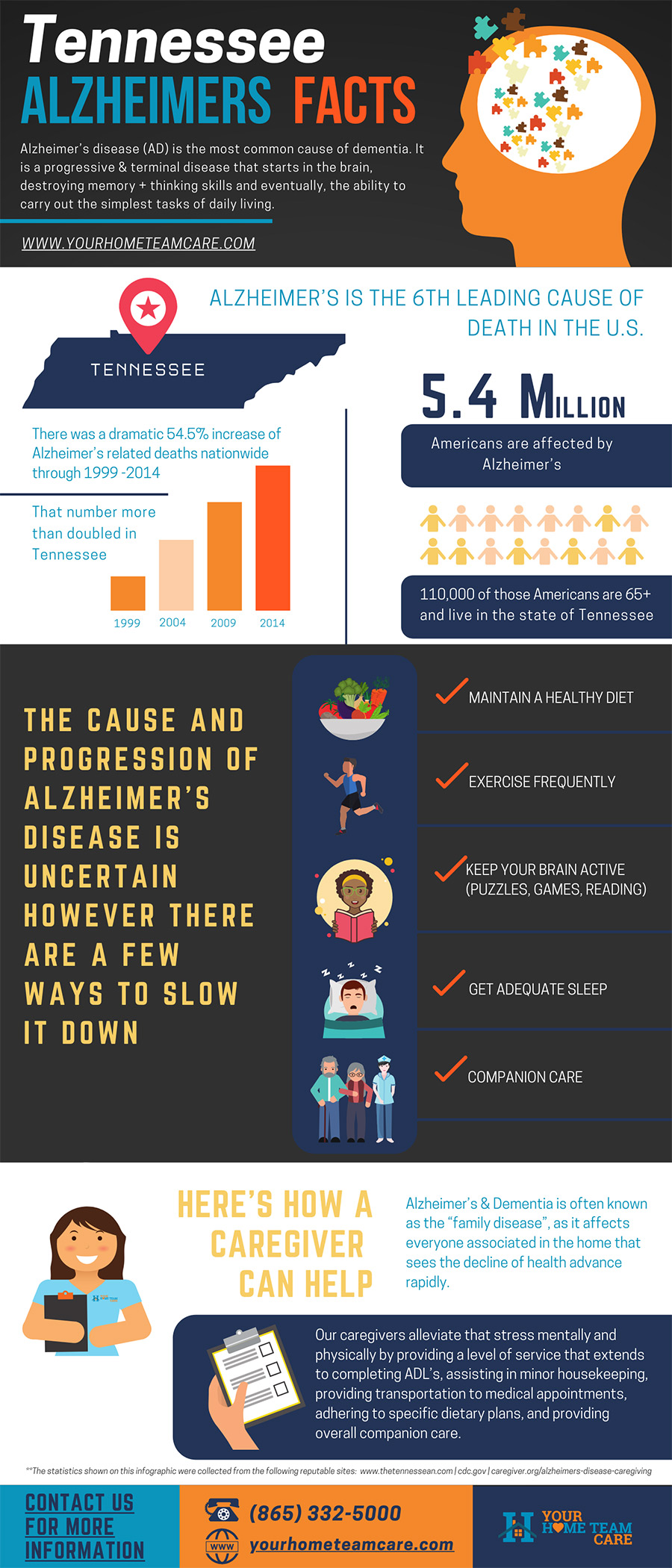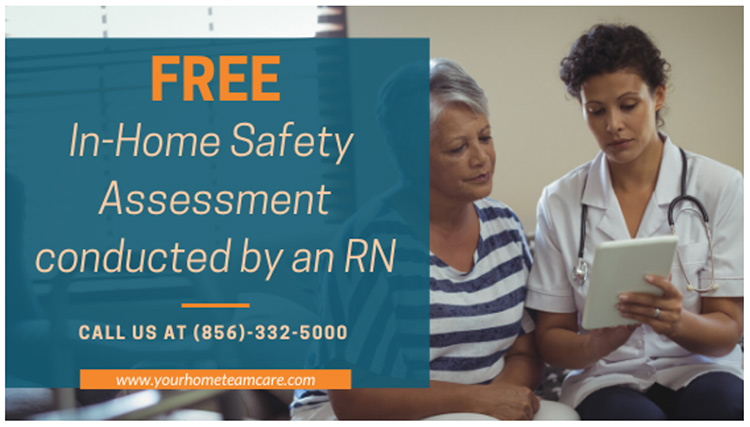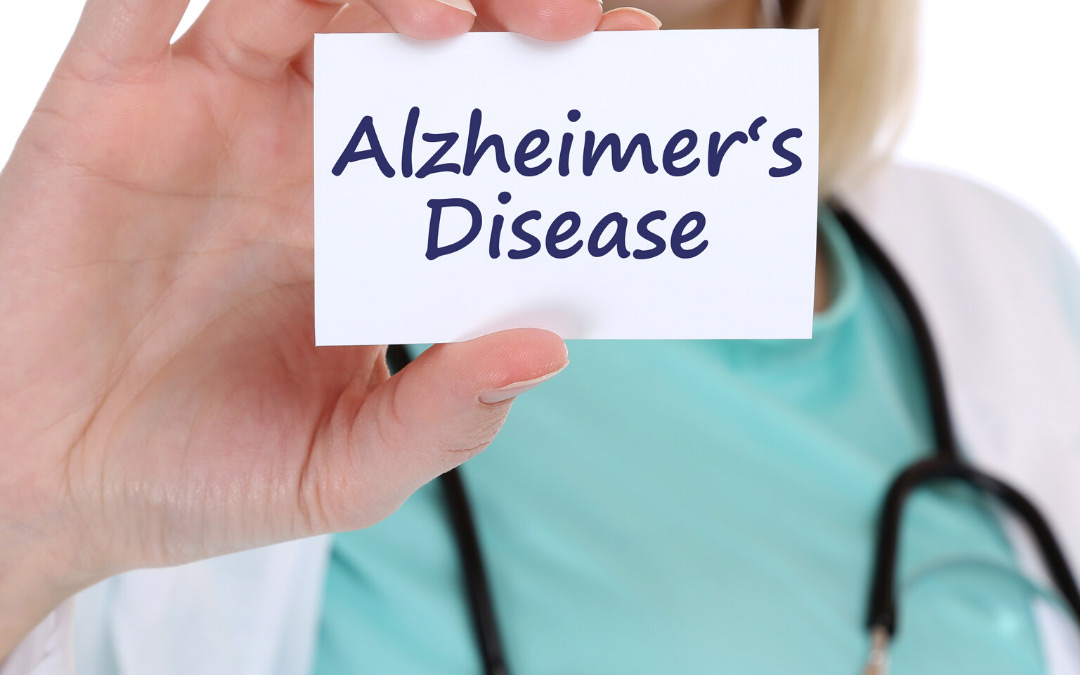When it comes to caring for a loved one suffering with Alzheimer’s, it can be overwhelming trying to figure out the right type of senior care.
It’s a known fact that a high percentage of the elderly experience mental degradation at some stage during the later years of their lives. It is acknowledged as one of the disadvantages of aging! Alzheimer’s Disease is one of the most widely recognized among the elderly, however, very little is known about it especially by individuals who have not come into contact with someone who is suffering from it. Let’s get into what is Alzheimer’s and what it can do to seniors.
Alzheimer’s Disease is the most common form of dementia in the world. Dementia affects the brain and obstructs a person’s ability to think logically from one moment to the next. People with Alzheimer’s often have short-term memory loss and get frustrated when they can’t remember what happened moments ago. This disease seriously obstructs a person’s ability to speak and reason, and makes it nearly impossible to learn something new. As this disease progresses, seniors are unable to look after themselves physically and living alone becomes unsafe in their own homes. This is why senior care for aging adults becomes a priority and family members need to find the best way to help care for their loved one.
Alzheimer’s Disease causes degeneration of the connections between the brain and local nerve cells, which in turn affects other nerve cells around the body. As a result, the messages that the brain sends to the rest of the body do not get relayed properly and communication breaks down, hence the confusion of the individual and a loss of mental capacity.
In the U.S. over 5.4 million people have been diagnosed with Alzheimer’s Disease, and around 43 Million people in the world have Alzheimer’s. However, very few people under the age of 65 are affected, and only 5% of men between the ages of 65 – 74 are affected. It is estimated that almost half of all people aged 75+ have some form of dementia, with the majority suffering from Alzheimer’s. Alzheimer’s disease is the 6th leading cause of death in the United States. The country experienced a dramatic 54.5% increase in deaths attributed to Alzheimer’s disease between 1999 and 2014. Over the same time period, Alzheimer’s deaths more than doubled in Tennessee. This disease affects both men and women in equal measures. Although the cause of Alzheimer’s is not known, age is definitely a confirmed factor. The older you are, the more likely it is that you will develop the disease. It is also believed to be genetic. If a mother or father has Alzheimer’s, the children are more likely to develop it in old age than individuals who are of similar age that do not have a family history of Alzheimer’s. (Information was provided by Centers for Disease Control and Prevention)

Here’s What You Need To Know About Alzheimer’s in Tennessee:
Alzheimer’s is often hard to detect during its early stages because its symptoms are no different than those experienced by seniors who do not develop the disease. Mild confusion & forgetfulness can be dismissed as one of the symptoms of old age but can also mark the onset of Alzheimer’s. Forgetfulness will gradually increase, until it begins to alter a person’s daily routines and reminders have to be written down or verbally delivered by others. The next step in the progression of the disease is an acute inability to do anything without help from someone else or supervision from a caregiver providing senior care. This can ultimately render the elderly individual helpless. Even if the body is willing and in good shape, their mind is not.
A common symptom of advanced Alzheimer’s is aggression because the individual is no longer himself/herself. The confusion and anxiety that the disease leaves them with 24/7 a day may result in verbal or violent outbursts that the senior can’t control. People suffering from Alzheimer’s often turn into a completely different person as the disease progresses. It can take between three and fifteen years for a person to get to this stage, but it will ultimately result in the loss of life unless there is some form of intervention.
There is no cure for Alzheimer’s Disease, unfortunately, however, there are several foundations & medical centers that continue to conduct research in the hopes of finding a cure. For now there are only drugs that can be used to offset the symptoms in the early to mid stages of the disease. Caring for someone who has Alzheimer’s disease or another illness involving dementia can be very difficult, time-consuming, and stressful. This is why finding help to provide the right type of senior care for your loved one is important.

Here are a few tips to help you as you provide senior care for your loved one suffering with Alzheimer’s. These tips will help reduce the burden that comes with care giving:
- Stay Informed – Knowledge equals power. The more you know about Alzheimer’s disease or any other signs of dementia, the better you can prepare yourself to deal with problems that may arise.
- Focus on solving problems one at a time – Many issues can occur that may seem insurmountable at the time. However, you need to work on one specific problem at a time — you do not have to solve every problem at once.
- Use your imagination – One of the keys to handling this disease is your ability to adapt. If something can’t be done one way, try another way. For example: If your loved one only uses his/her fingers for eating, don’t keep fighting; just serve as many finger foods as possible!
- Share concerns with your elder – A person who is mildly to moderately impaired can assist in his/her own care. Memory aides and other strategies can be created by the person with dementia and the caregiver together. This is easier said than done, but you have to give it a try. It is essential that you realize that you are probably dealing with a person who if they have any cognizance at all, will be in denial.
- Establish an environment that encourages activity & freedom – within limits it’s best to try to create a stable, balanced schedule for meals, medication, and so on, but also encourage activities that your loved one can handle like taking a walk or visiting friends or family. It’s also important to remember, the person with AD is not the only one whose needs must be taken into consideration. You as a caregiver have needs and desires that must also be met. First off, try to find some time for yourself. Even though this may seem like an impossibility, find some time during the week or on the weekends where you can have someone else provide senior care and watch over your elder. That person can be a relative, friend, neighbor or a hired caregiver. You can use your alone time to relax, or to do something for yourself.
- Try to avoid social isolation – Keep up contacts with friends and relatives. It’s easy to get burned out when it seems like you have no one to turn to. Another way to establish contacts is by joining the Alzheimer’s Association or other such support groups. Talking with other families who share many of the very same problems can be reassuring as it helps you know you are not alone in your round-the-clock struggles.
Get Help From a Trusted In Home Senior Care Company
If caring for your loved suffering with Alzheimer’s or dementia becomes too overwhelming, you can always reach out to a trusted In-Home Senior Care Company to get assistance. At our company Your Home Team Care, our physician management and RN Care Manager will ensure that your loved one have the best care possible to meet their complex needs. Only caregivers who have successfully completed our Dementia Training are assigned to care for our clients with memory impairment or dementia at any stage. So your loved one will be in great hands.
Our Services Include:
• Personal care / Care of the bed-bound
• Meal Preparation
• Medication Reminders
• Memory exercises
• Meaningful fun-filled activities
• Reminiscent Therapy
• Transportation to appointments
• Exclusive access to physician consultations and nurse advice line
• Nutritional Assessments
• In-home safety cameras
We would love to speak with you and discuss how we can work together to help you and your loved. Give us a call at (865) 332-5000 to speak with one of our Registered Nurses or send us a message CLICK HERE

